Climate Superfunds Will Make Polluters Pay
Climate Superfund bills could make the worst climate polluters fund projects to protect New Englanders from the impacts of climate change.
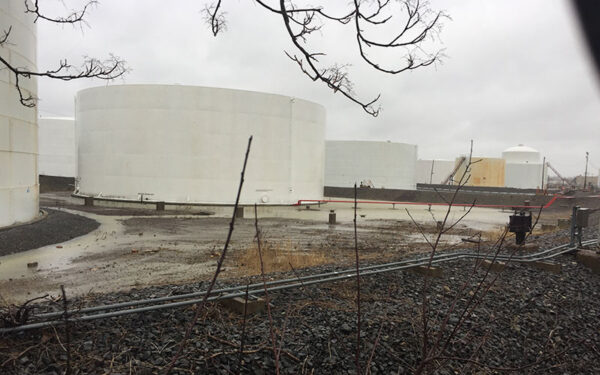
Climate Superfund bills could make the worst climate polluters fund projects to protect New Englanders from the impacts of climate change.

The Trump administration has taken aim at NOAA and the EPA. We’re ready to fight back.
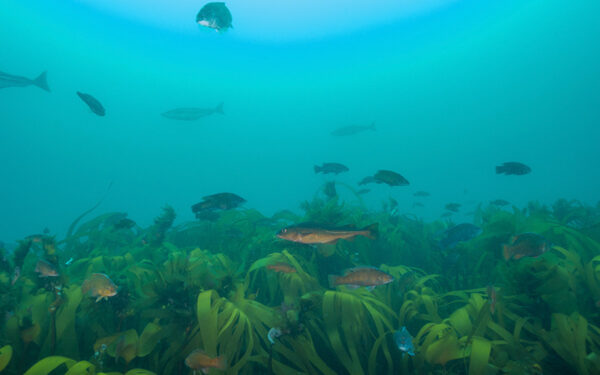
Overfishing is not caused by the actions of an individual boat. It’s a systemic problem in which federal regulators may allow fish to be caught faster than they can replenish themselves.
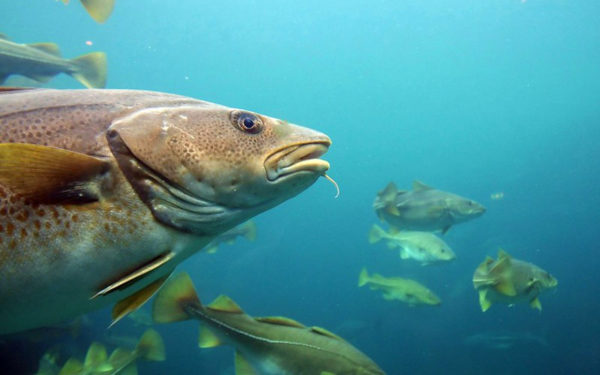
Climate and clean energy advocates from across Connecticut gathered at the State Capitol and called for improved access to cost-saving clean energy, lower pollution, and build healthy and resilient communities.
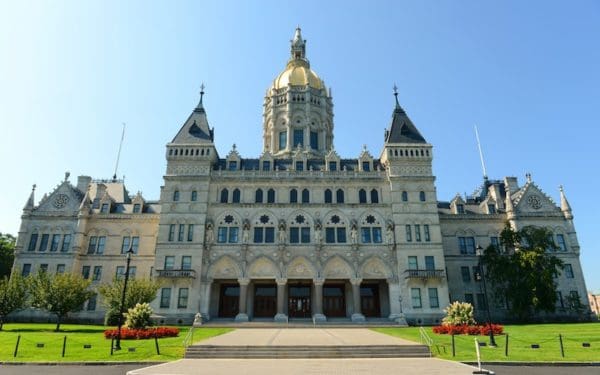
We continue to make progress notwithstanding this second Trump administration. They’re clearly better prepared and taking more radical steps to undermine our bedrock environmental laws and stop clean energy progress. But in a sense, their overreach may very well be their undoing.
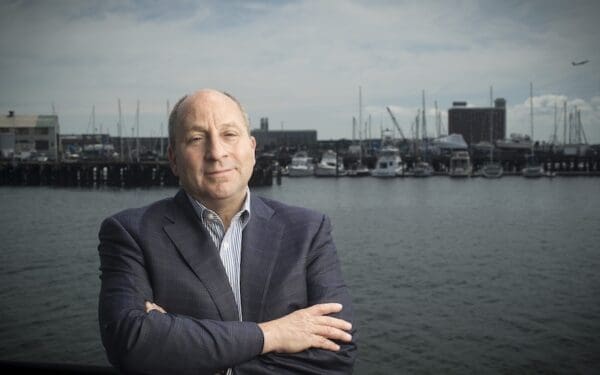
Methane leaks kill trees and contribute to dangerous heat islands.
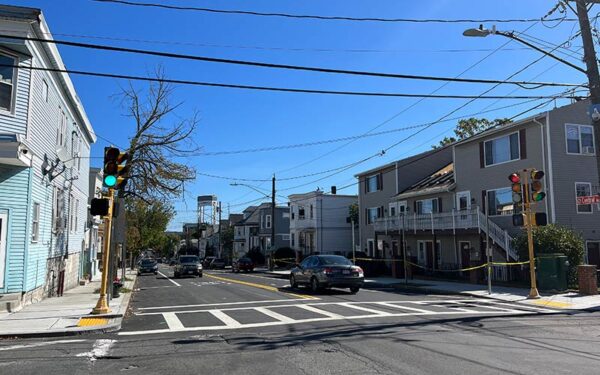
We have a food waste problem. Each year, the U.S. trashes about 125 to 160 billion pounds of food. And while several factors play into our increasing wastefulness, the good news is, we have readily available solutions at hand.
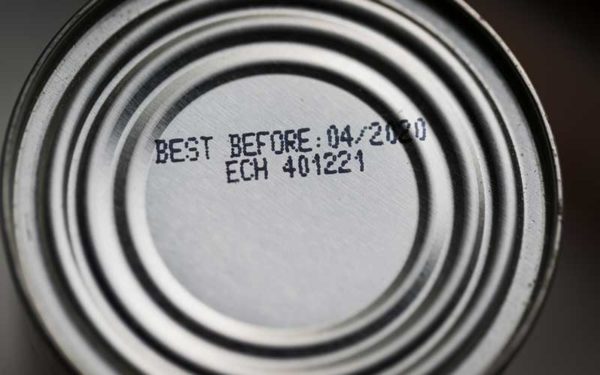
Several studies have emerged challenging the effectiveness of plastic bag bans. These studies and their coverage in the media are causing some confusion among consumers and legislators. We want to set the record straight, as studies critiquing plastic bag bans don’t account for the broader scope of plastics.
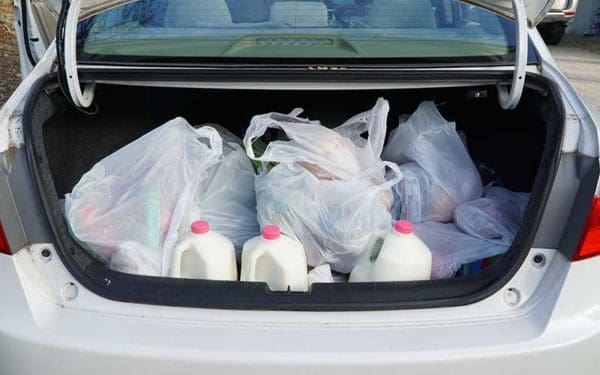
The Atlantic Ocean shouldn’t be exploited for fossil fuels. CLF is ready to fight any attempt to start offshore oil drilling.

Reduced fares transform communities by improving access to jobs, healthcare, and culture while cutting costs for families. But what other benefits could we unlock for everyone by making transit more affordable?
